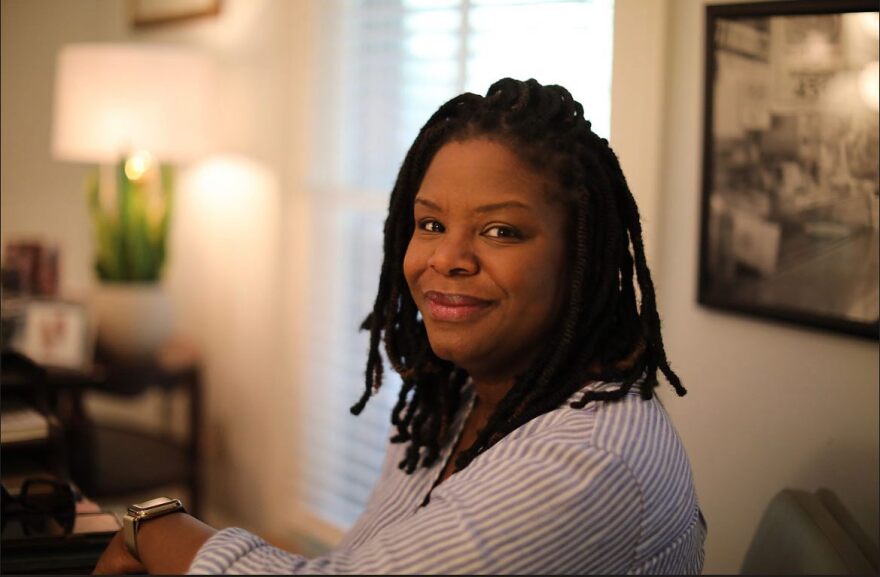Blair LM Kelley, Ph.D., is an award-winning author, historian, and scholar of the African-American experience. Kelley is a dedicated public historian who amplifies Black people's histories, chronicling their activism's everyday impact. Kelley is the Joel R. Williamson Distinguished Professor of Southern Studies at the University of North Carolina Chapel Hill and the incoming director of the Center for the Study of the American South, the first Black woman to serve in that role in the Center's thirty-year history. Black Folk: The Roots of the Black Working Class highlights the Black Working Class in the United States. Her book speaks to the work done by African Americans, from domestic workers to Pullman porters and more. In the last few years, the media has focused on the workers left behind, and for some reason, it seems the only workers considered were those in the White Working class. Many know that the backbone of the working class in our country has been African-American since the inception of slavery to the factories of yesterday, and the essential workers of today, the ranks of the working class, have always included our ancestors. Blair L. M. Kelly took on the task of unearthing this history and sharing it from a personal and academic reference point.
I asked Kelley why she felt it was essential to cover and document this history and why the mainstream media covering the working class only focused on White people. She spoke to the invisibility of the work and domestic workers who serve in ways not to be seen. She said about Thomas Jefferson inventing a dolly system between the dining room and kitchen so that only one African-American was needed in the dining room. She talked about the essential workers required during the COVID-19 pandemic: cashiers at grocery stores, bus drivers, nursing assistants, and the workers who clean our hospitals. Suddenly, this work, done mainly by Black and Brown citizens, was deemed essential.
Kelley shared that contrary to popular belief, the newly freed enslaved formed collectives and joined forces to demand certain rights. The Atlanta Washer Women's Strike took place in the 1880s, but the first collective formed by African-American women occurred in Jackson, Mississippi, in 1865. In both cases, the women demanded the ability to work at their homes and not under the roof and watch of the white families they served. They also demanded a fair wage.
This week, Kelley's campus was on lockdown due to fear of an active shooter. I asked her about this experience, which is becoming all too common. She shared her experience and condolences to the professor killed.
Her book speaks to the resilience and community established by the Black working class in our country. By tracing her family history, Kelley brings our country's history into focus around the invisible force that is the backbone of the working class. You can follow her on all social media platforms @profblmkelley
#ListenLearnAct



